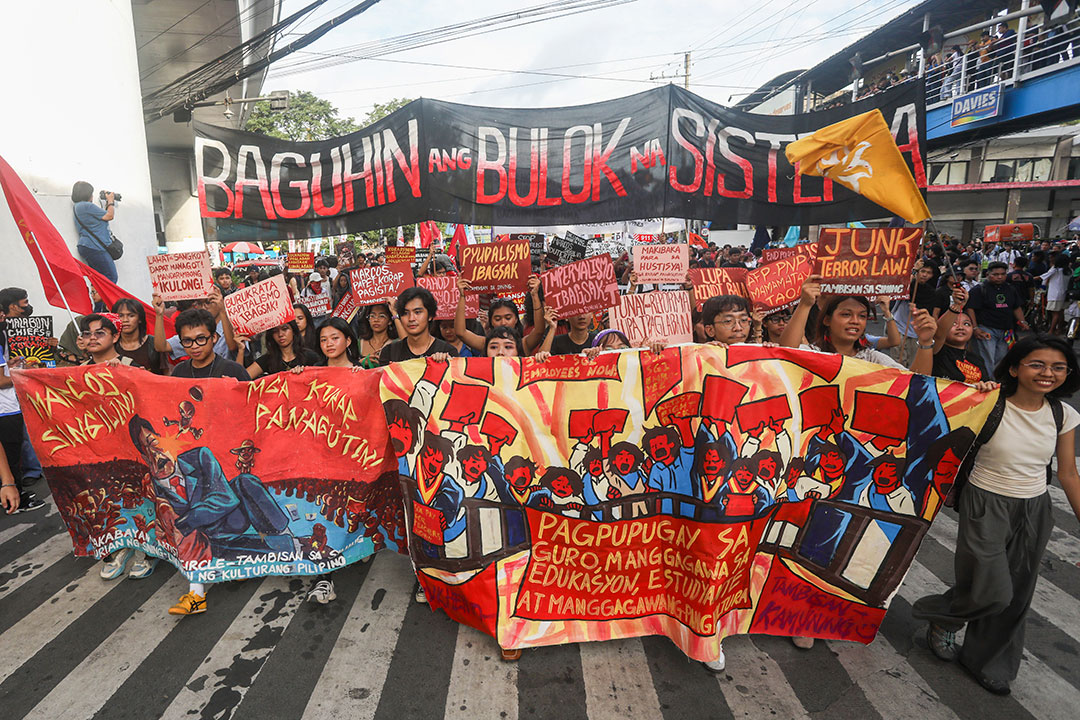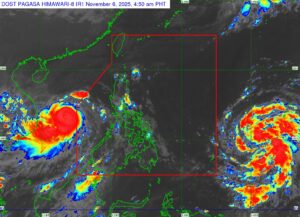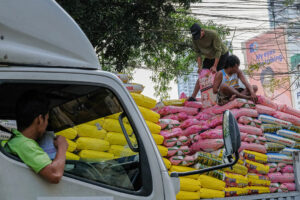
Corruption unlikely to derail PHL growth — economist

THE PHILIPPINES’ growth goals are unlikely to be hindered by ongoing corruption scandals, an economist said.
“Corruption is unjust, is evil, is morally condemnable, but it really does not stop us from growing at 5-6%,” University of Asia and the Pacific economist Bernardo M. Villegas said during the Economic Briefing for Diplomats on Wednesday.
He cited World Bank projections showing the Philippines is on track to grow by an average of 6% over the medium term.
The government targets the gross domestic product (GDP) to grow by 5.5% to 6.5% this year and 6-7% until 2028. In the first six months, the economy grew by 5.4%.
He noted that other countries are still riddled with corruption yet have become first-world nations.
“I’m not saying that we should not fight corruption. But corruption is not an obstacle to becoming first world,” he added.
President Ferdinand R. Marcos, Jr. had flagged anomalous flood control projects during his State of the Nation Address in late July. This sparked several investigations into alleged corruption involving lawmakers, government officials, and private contractors.
For this year, Mr. Villegas also said he expects fourth-quarter economic growth to exceed 6%, citing resilient household consumption during the holiday season. Household consumption accounts for about 70% of gross domestic product.
“We’ll be back at 6% by the last quarter, because the last quarter (as) Christmas, is the most attractive time for Filipinos,” he said.
“You have a lot of the OFWs (overseas Filipino workers) coming back, bringing in more money, being more generous to their relatives. So, there will be more purchasing power.”
Meanwhile, the economist said the GDP may have grown by 5.3% in the third quarter following the disruptions to public spending linked to a corruption probe and the impact of natural calamities.
This matched the 5.3% median forecast of 18 economists and analysts polled by BusinessWorld. However, this would be slower than the 5.5% expansion in the second quarter but slightly faster than the 5.2% print in the July-to-September period of 2024.
The Philippine Statistics Authority will release the third-quarter GDP data on Nov. 7.
At the same time, Mr. Villegas said the country is poised to graduate to upper middle-income country (UMIC) status by next year, citing faster economic growth at 6% and improvement in agriculture sector.
“It’s been going on for the past 15 years. There’s no reason why we are afraid that the political problems will stop that. We have had similar political problems for the last 20 years, but we’ve been growing,” he said.
The Philippines is currently classified as a lower middle-income economy as its gross national income per capita stood at $4,470 in 2024, missing the World Bank’s $4,496-$13,935 UMIC threshold.
To meet the government’s AmBisyon Natin 2040 goal of a predominantly middle-class society, Mr. Villegas said reforms must deliver results in agriculture, anti-corruption efforts, and foreign direct investment. — Aubrey Rose A. Inosante



